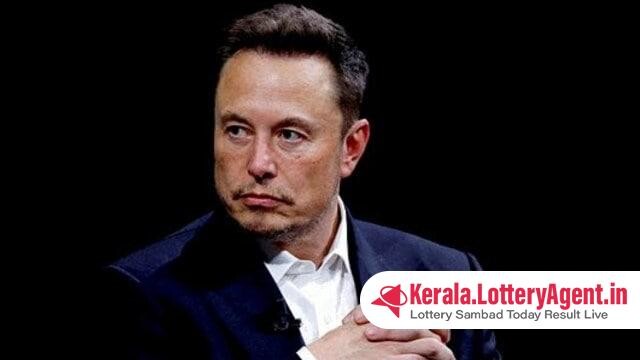
The Indian government, in a strategic move to bolster its burgeoning space sector, has revised the foreign investment policy framework under the Foreign Exchange Management Act (FEMA), clearing the path for foreign entities to infuse capital into the Indian space industry. This regulatory overhaul arrives just before Tesla and SpaceX CEO Elon Musk’s anticipated visit to India, which is expected to catalyze partnerships and investments in both the space and electric vehicle spheres.
The Finance Ministry, on April 16, formalized amendments that now permit foreign direct investment (FDI) of up to 100% across various avenues within the space sector. This pivotal change follows the Union Cabinet’s approval in February to liberalize the FDI policy, thereby inviting increased foreign participation and investment.
The modified rules distinguish three primary routes for FDI entry: manufacturing and operation of satellites, satellite data products, and services pertaining to both the ground and user segments. Under this scheme, investments up to 74% could be fast-tracked through the automatic route, foregoing the need for prior government approval which was mandatory under the previous regime. Investments surpassing the 74% threshold, however, will still require clearance from the concerned authorities.
In the realm of launch vehicles, related systems, subsystems, and spaceport creation, the new policy sanctions 49% FDI through the automatic route, with higher investments contingent upon government consent. Full FDI under the automatic pathway is also extended to the manufacturing of satellite components, subsystems for the ground segment, and user segment equipment.
Intertwined with these changes is the requirement for foreign investment entities to adhere to the sectoral guidelines issued by the Department of Space, ensuring their operations align with national space objectives and standards.
The definitions accompanying the new regulations delineate the scope of each category. ‘Satellites – manufacturing and operation’ includes the complete process from crafting the satellite to controlling its orbit, while ‘satellite data products’ encompass the manifold activities involved with earth observation data, including the development of Application Interfaces (APIs).
The ‘ground segment’ covers infrastructure such as earth stations that transmit or receive satellite signals, tracking and command stations, and satellite control centers. In contrast, the ‘user segment’ relates to consumer equipment that communicates with satellites but doesn’t fall under ground segment specifications.
Furthermore, ‘launch vehicles and associated systems or subsystems’ are defined as apparatuses designed to send spacecraft and payloads into space. ‘Spaceport,’ on the other hand, refers to the facilities and devices from which spacecraft launches are conducted.
The new guidelines, effective immediately, are set against the backdrop of Elon Musk’s forthcoming trip. Musk, whose commercial space venture, SpaceX, is revolutionizing satellite internet access through the Starlink project, aims to discuss opportunities with Indian space startups and lay out plans for Starlink’s deployment in India, as well as detail potential investments in the electric vehicle market.
Starlink’s initiative to offer high-speed internet globally, using a network of low-earth-orbit satellites, could bridge connectivity gaps in remote regions of India, propelling the country’s digital infrastructure forward. Additionally, Musk’s engagement with the EV sector is anticipated to inject momentum into India’s sustainable transportation ambitions.
As Elon Musk’s arrival draws closer, the space sector eagerly watches, hopeful that this conjunction of regulatory liberalization and business magnate interest will herald a new era of innovation and growth for India’s ventures amid the stars.












